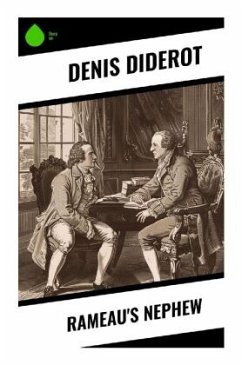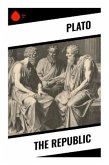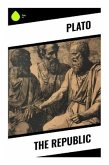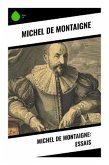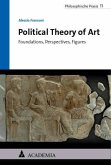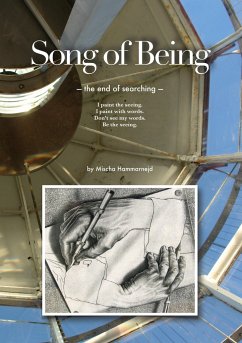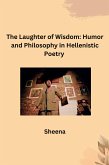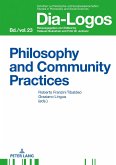Denis Diderot's "Rameau's Nephew" is a provocative philosophical dialogue that explores the complexities of human nature, ethics, and artistic expression through the interactions between the unnamed narrator and Rameau's nephew, a witty and morally ambiguous character. Set against the backdrop of Enlightenment thought, Diderot employs a playful yet incisive literary style characterized by rich irony and vibrant character contrasts. This work embodies the tension between rationalism and sensibility, presenting a kaleidoscope of ideas that challenges normative aesthetics and moral frameworks while engaging in a reflective examination of self and society. Diderot, a central figure of the French Enlightenment, was deeply affected by the intellectual ferment of his time. His background as a critic, philosopher, and art lover, along with his exposure to the pantheon of contemporaneous thinkers, fueled his desire to interrogate individualism, societal hypocrisy, and the nature of art itself. "Rameau's Nephew" serves as a testament to his belief in the transformative power of ideas, filtering his insights through the lens of vibrant, contentious dialogue. I highly recommend "Rameau's Nephew" to readers who seek a rich intellectual engagement that transcends mere storytelling. The text invites a reconsideration of the boundaries between philosophy and the arts, making it essential for anyone interested in Enlightenment literature, moral philosophy, or the evolution of modern thought.
Bitte wählen Sie Ihr Anliegen aus.
Rechnungen
Retourenschein anfordern
Bestellstatus
Storno

